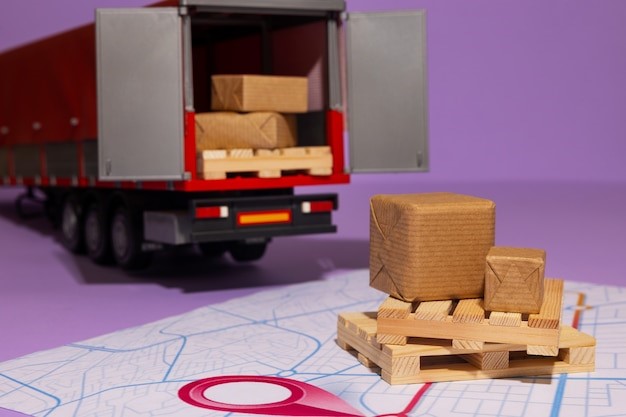- solutions@sa-link.com
- Al Motanabbi Street, Al Malaz, Riyadh
Traceability System Solutions for Industries and Organizations
Traceability systems are becoming increasingly important in various industries as its offer a wide range of benefits. These systems allow companies to track products and materials through the entire supply chain, from the source to the end-user.
The primary purpose ofa traceability systems is to provide transparency, accountability, and safety throughout the entire production process.
In this blog post, we’ll explore what traceability systems are, about its benefits, and how it can be implemented in various industries.

Benefits of Traceability Systems-
There are several benefits to implementing a traceability system in your industry or organization. Here are some of the key benefits:
- Improved Product Quality: With a traceability system in place, companies can monitor the quality of their products at every stage of production. This allows them to identify any quality issues early on and take corrective action before the product reaches the end-user.
-
Enhanced Safety: Traceability systems can help ensure the safety of products by tracking their origins, ingredients, and production processes. This can be particularly important in industries such as food and pharmaceuticals, where safety is a top priority.
-
Increased Efficiency: Traceability systems can help companies streamline their supply chain processes by providing real-time visibility into the movement of products and materials. This can help reduce waste, improve inventory management, and optimize logistics.
-
Compliance with Regulations: Many industries are subject to strict regulations and standards, such as those related to food safety and product labeling. Traceability systems can help companies comply with these regulations by providing accurate and timely data.
Implementing a Traceability System
Identify the Scope:
It allows administrators to manage mobile devices, including setting policies for password management, data encryption, device lock, and remote wiping of lost or stolen devices.
Determine the scope of your traceability system by defining the products, materials, and processes that need to be tracked.
Choose the Technology:
Define Procedures:
Train Staff:
Test and Monitor:
Service Included
- Product Tracking
- Inventory Management
- Supplier Traceability
- Quality Control and Assurance
- Security Measures

Please Contact With Us
+966 54 022 4362
Brochure Download
Please click download button for getting brochure file
